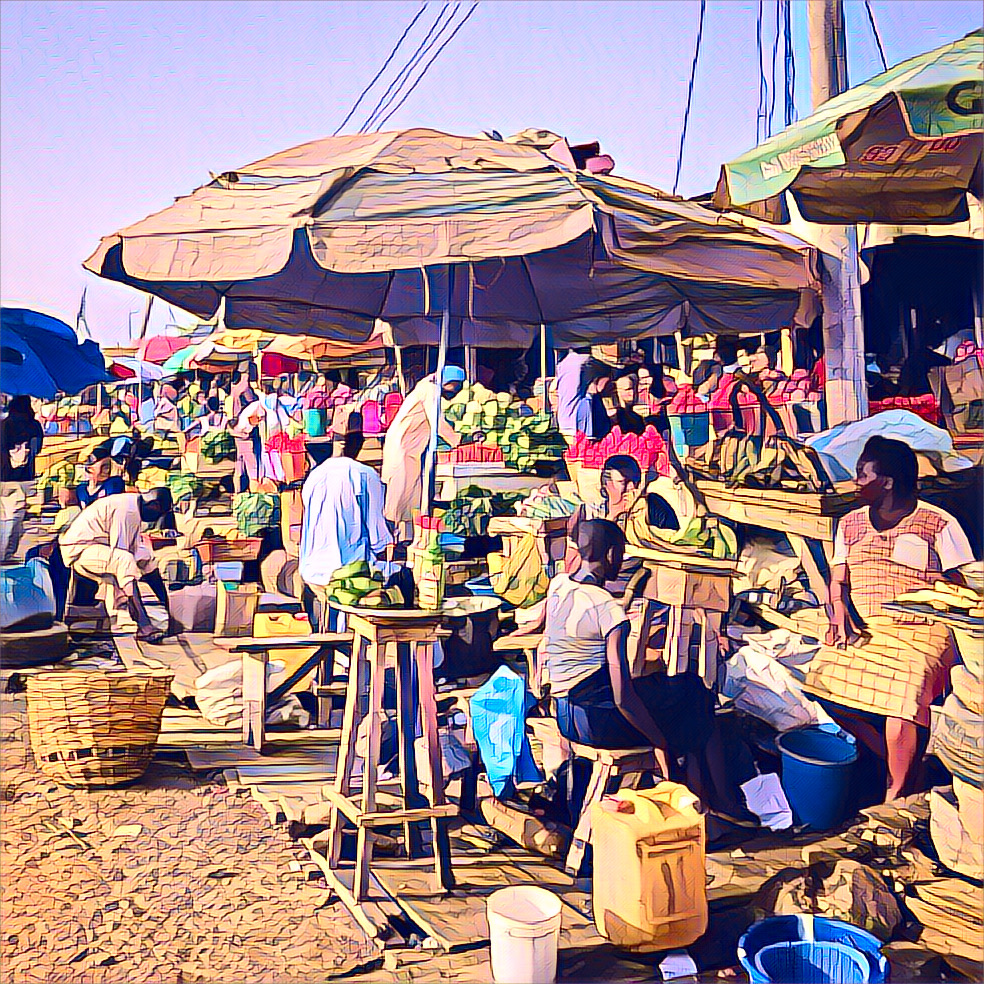The United Nations has issued a stark warning: 82 million Nigerians could face hunger by 2030. This alarming prediction highlights the growing food crisis in the country, affecting nearly 64% of the population.
The UN report urges the Federal Government to tackle climate change, pest infestations, and other agricultural threats. The rising cost of food items, such as rice, has become unaffordable for many Nigerians, further exacerbating the crisis.
At the recent launch of CropWatch in Abuja, Taofiq Braimoh, representing the Resident Humanitarian Coordinator of the Food and Agriculture Organisation, emphasized the severity of the situation. “This year’s food security survey results are alarming: 22 million Nigerians will face food insecurity in 2023. By 2030, around 82 million are at risk,” Braimoh stated.
Nigeria’s food insecurity is driven by climate change, unreliable water patterns, and pest infestations. As an agrarian society, the country’s food availability directly depends on farm productivity. Leveraging technology is crucial to strengthening the agriculture sector and ensuring food security.
Braimoh highlighted the benefits of satellite-based crop monitoring, which provides real-time data on crop conditions. This technology helps farmers and policymakers make informed decisions, optimizing agricultural practices. “This technology could help expedite the achievement of sustainable development goals in food and agriculture,” he added.
The National Bureau of Statistics (NBS) reported that Nigeria’s food inflation rate hit a record high of 40.66% in May 2024. This marks the largest year-on-year increase in food prices since records began in 1996. Historically, food inflation in Nigeria has averaged 13.42%, with the lowest point of -17.50% in January 2000.
The Food and Agriculture Organisation predicted that between June and August 2024, over 2.6 million Nigerians in Borno, Sokoto, Zamfara states, and the FCT may face a food crisis. This prediction underscores the urgent need for action to prevent widespread hunger.
Senior Advocate of Nigeria Olisa Agbakoba recently warned of a potential hunger riot. He stated that extreme poverty prevents most Nigerians from affording food, despite the nation’s vast oil and gas resources. Agbakoba cautioned against a situation where hunger drives people to desperate measures.
To prevent a catastrophic food crisis, Nigeria must address the root causes of food insecurity. This includes combating climate change, improving agricultural practices, and leveraging technology. Ensuring food security is vital for the nation’s stability and prosperity.
Source: The Guardian


